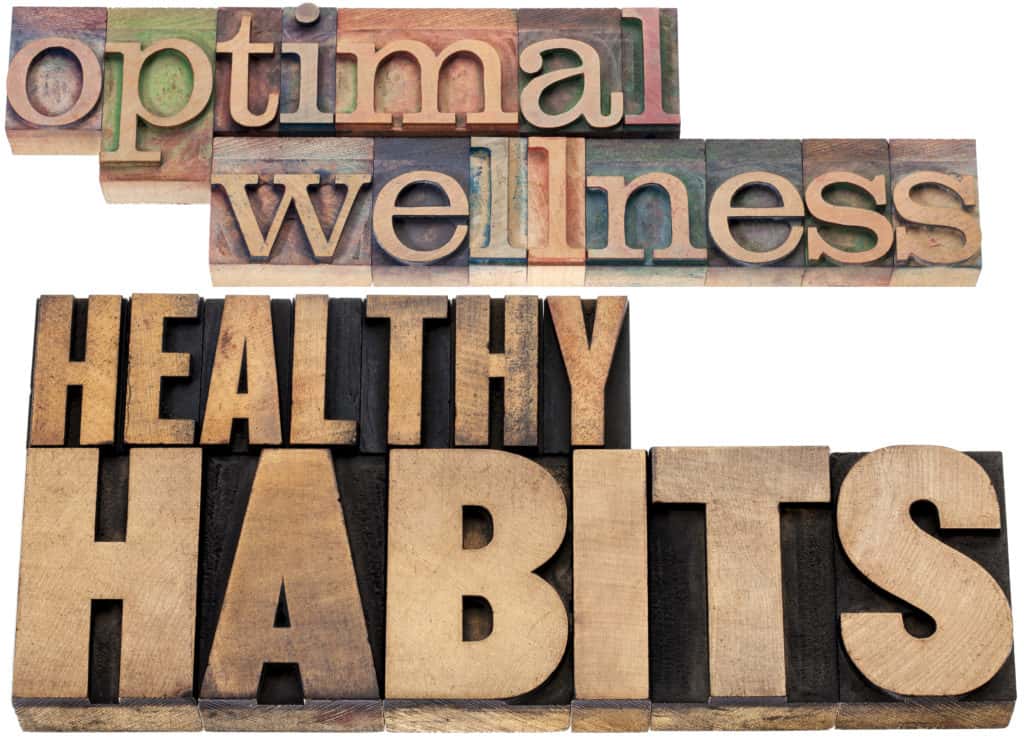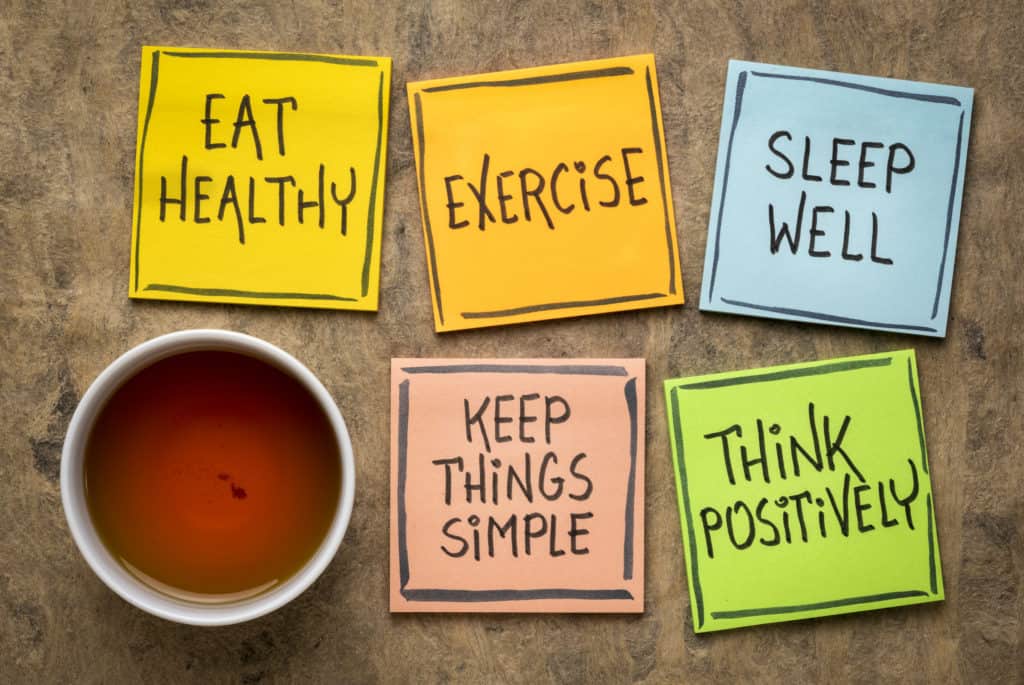As a therapist I must be in a good place to be able to support others, it really isn’t optional. That’s why I love the quote in this image, “you can’t pour from an empty cup.” This has become my mantra for helping me to prioritise self-care.
In my work as a therapist and trainer, I regularly talk about the importance of self-care, which plays a crucial role in maintaining overall health and wellbeing. Unfortunately, many people equate self-care with being selfish, I have found this to be especially true for those who are supporting or caring for others and those who volunteer to become Mental Health First Aiders.
What is Self-Care?
Self-care refers to intentional actions that we can take to care for our physical, mental, and emotional health. It can range from simple activities like getting enough sleep and drinking plenty of water to more involved practices like exercise, meditation, and therapy. By prioritizing self-care, we can improve our overall health and wellbeing, and ensure we have the energy needed to support others.

The Benefits of Self-Care
The benefits of self-care are numerous and can have a profound impact on our lives. Incorporating self-care practices into your routine can lead to improved physical health, enhanced mental health, better stress management, increased energy levels, and even improved relationships.
How to Incorporate Self-Care into Your Life
Making self-care a priority in your life can be a challenge, but it’s worth the effort. The first step is to identify what you need to improve or maintain your wellbeing. This means reflecting on the areas of your life where you feel stressed or overwhelmed and finding ways to address those feelings. Too often we tend to drop the activities that are good for our wellbeing when we find ourselves stressed, because we feel we ‘no longer have the time for them.’ By curtailing our self-care activities we increase our stress levels further.
Once you have a better understanding of your self-care needs, it’s important to make time for them. This might mean setting aside specific times each day or week to focus on activities that support your wellbeing.
You will be more successful if you can find ways to integrate self-care activities into your daily routines. For example, I take a walk each morning before I start my day, I know this helps me maintain my physical health and my mental wellbeing. I also listen to audiobooks (mostly non-fiction) on my walk, so I am learning new skills as I go!
It’s also important to find a self-care routine that works for you. This might involve trying out different activities to see what resonates with you and what doesn’t. The key is to experiment and find what you enjoy and what works best for you and your lifestyle.

Common Self-Care Challenges and Solutions
Despite the benefits of self-care, many people struggle to make it a priority in their lives. Common challenges include a lack of time, difficulty prioritising self-care, and financial constraints.
If you struggle with a lack of time, you could try incorporating self-care activities into your daily routines, such as taking a relaxing bath before bed or meditating in the morning.
If you are supporting others can you find ways of incorporating self-care together? In this way you are helping those you are supporting to look after themselves too.
Can you connect with a friend or friendship group and do fun things together? This might help you to continue to make the time as you have committed to going with a friend.
If financial constraints are an issue, can you look online for some free resources? There are plenty of free available, such as guided meditations, yoga videos, and mental health apps.
If you miss a day, don’t go beating yourself up, know that tomorrow is another day and set your intention to pick it up tomorrow.
We all need to recognise that self-care is an essential aspect of maintaining overall health and wellbeing. By incorporating self-care practices into your routine, you can improve your physical health, enhance your mental health, manage stress better, and enjoy increased energy levels. It really is worth the effort to prioritise your health and wellbeing. So, go ahead and make self-care a priority in your life and start feeling the benefits today!

How we help
We’ve developed training to help people recognise the importance of self-care and to promote ways that people can focus on their needs. Our six one-hour Stress Management workshops help your people to identify what causes them stress, provides tools to manage stress and teaches people to prioritise self-care. The benefits for the business is that your people are more proactive, they have tools to manage their stress effectively and they take less time off sick as they are looking after themselves and holding themselves accountable for taking action quickly.



